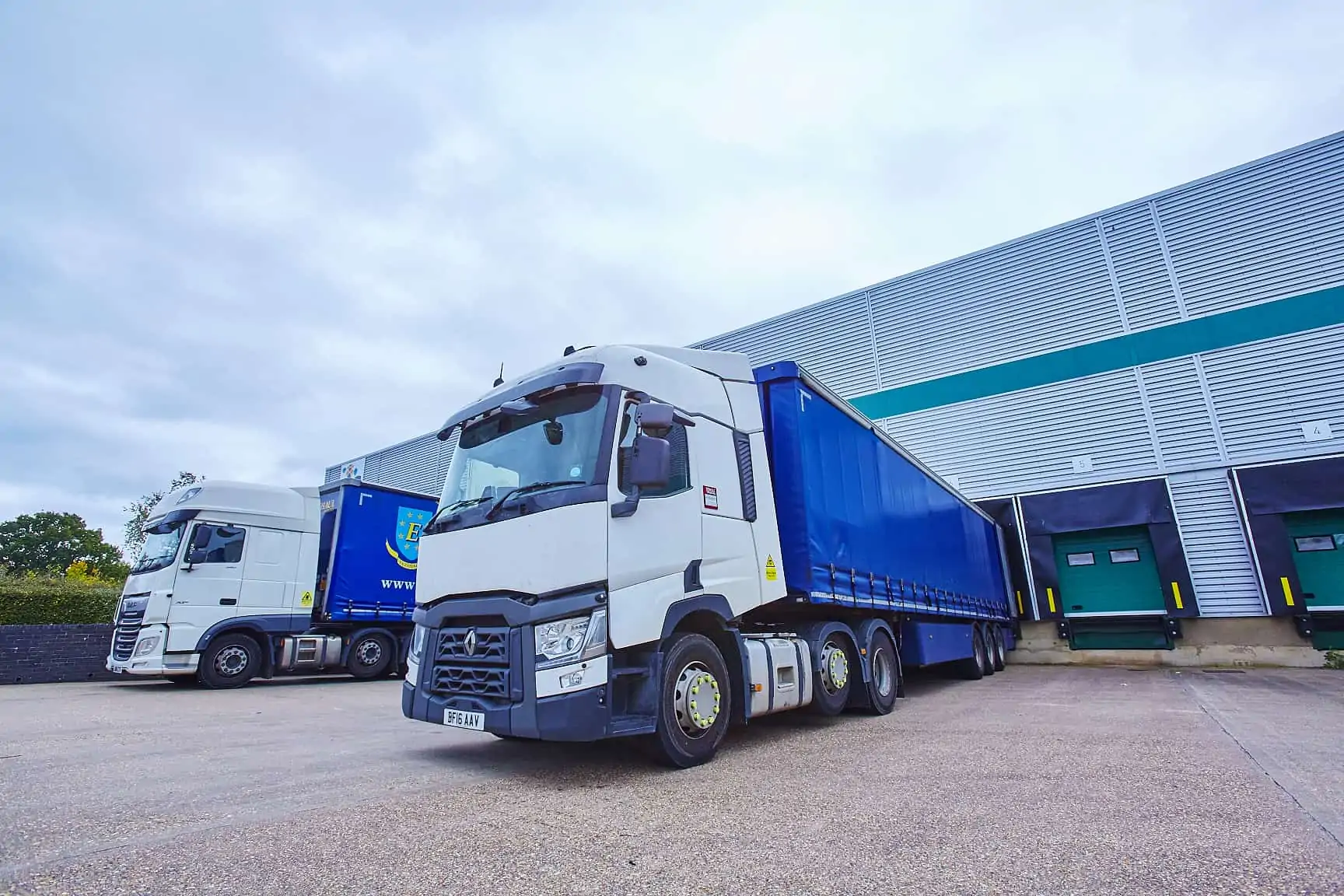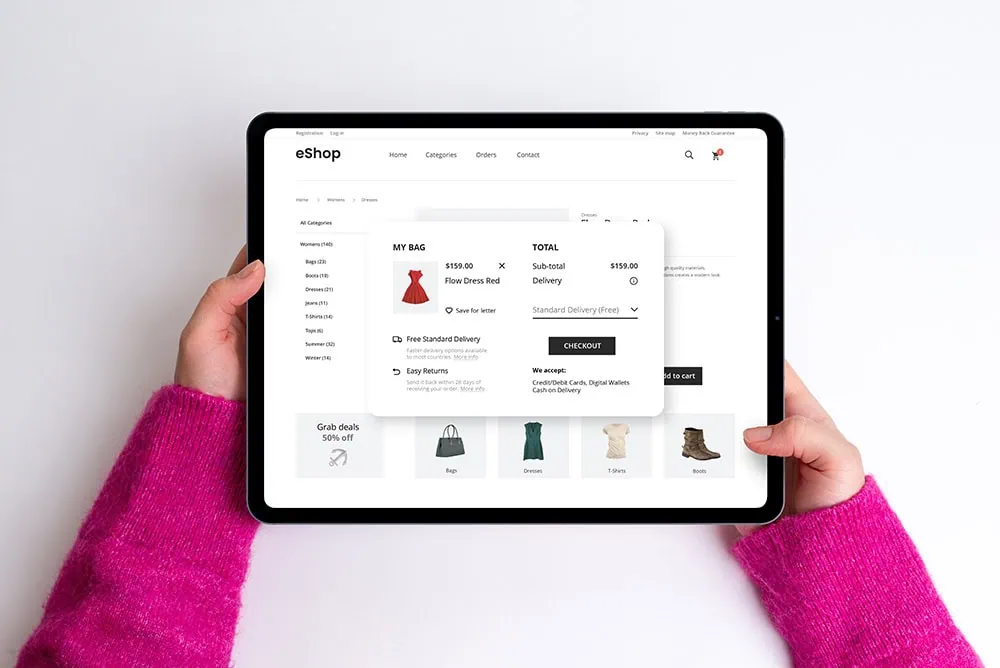
Lee Simmons, Head of Projects and Development
Many of our clients have their products manufactured or sourced abroad and shipped to the UK, where they are assembled, repackaged and redistributed to their customers. This requires an understanding of the import and customs clearance process, including the range of carrier options, the documentation required and the costs involved.
As part of our series of tips covering the key concerns of our clients when they first start outsourcing their fulfillment, this blog offers some advice on the key considerations for importing goods and clearing customs without any hitches.
If you have specific questions about importing stock, please call ILG and we will be happy to pass on our experience.
Where are you sourcing your products from?
The process of import and customs clearance differs depending on where you are sourcing your products from. Most manufacturers will provide pricing ‘ex works’, which means the freight costs will be your responsibility. The further they have to go, the higher the cost will be, but you might need to go further afield to seek the quality and price you’re looking for. In which case, be aware that shipping from beyond Europe is likely to cost more and involve customs clearance.
Set up your EORI number in good time
Similar to a VAT registration number, an EORI number is required when importing goods to the UK from outside the EU. This number will be required by Customs when the goods arrive in the UK. The HMRC will use it to invoice your company for any duty and taxes that might be levied.
EORI numbers are free to set up but this needs to be done in good time, ready for your first import. The set-up can take some time, so make sure you set the process in motion as soon as possible so you have the number ready when the goods arrive. If there are any delays to the clearance process, you are likely to start incurring storage fees after a period of 24 hours.
Planning ahead saves time and money
It’s important to consider the speed with which your goods can be imported versus the cost. As you might expect, the faster methods cost more, so with good forward planning you can opt for slower shipping and save money. Check lead times from your manufacturers so you can plan ahead and are not forced into using the fastest, most expensive transport option.
Airfreight, sea freight and courier options each come with their own cost and delivery window. Sea freight is usually the most economical choice when importing large or heavy consignments but you will find that minimum volumes apply, which you will need to account for, as well as being very aware of the longer transit times.
Duty, taxes and commodity codes
When goods arrive in the UK from outside the EU they will be required to go through customs clearance. Each product moves under a commodity or tariff code, which should be provide by your manufacturer. HMRC will use this code to determine the level of duty applicable and invoice accordingly. In addition, you will be required to pay any VAT, which is calculated on the total value of the shipment combined with the freight costs. You can find an explanation of how the customs charges are calculated on the HMRC website. These fees will need to be paid before delivery can take place, so you need to consider all of the costs involved and do your research.
Buying large quantities of stock from overseas can be daunting when you start doing it for the first time but, like any process, once you’re armed with the facts and a good logistics partner, there is really nothing to worry about. At ILG we have many years of experience in freight transport and customs clearance and can help you with all the advice you need to make your import of stock a smooth operation every time.
Contact Us
More insights >
ILG Wins GDBA Environmental Culture Award!
ILG was awarded the Environmental Culture Award at the Gatwick Diamond Business Awards 2025!
Battling E-Commerce Basket Abandonment in a Zero-Tolerance Era
In today’s volatile retail landscape, UK retailers are losing a staggering £34.4 billion annually to e-commerce basket abandonment. Find out how to tackle it here.

